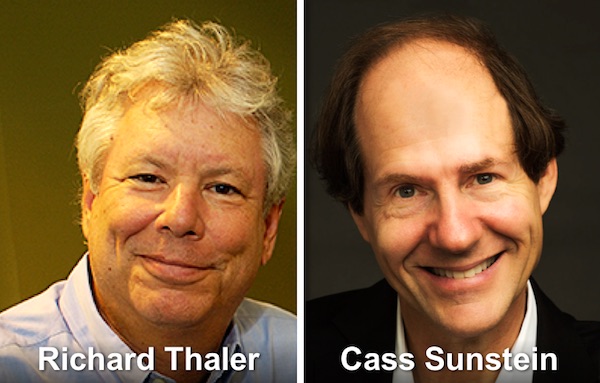Well, apparently Chris Anderson, author of New York Times bestseller The Long Tail and editor-in-chief of WIRED magazine, seems to think so. Moreover, you can still make a decent living out of it.
In his book, FREE: The Future of a Radical Price (which you download completely for FREE though I have the paid paper version), Anderson shared that charging people $0.00 for goods and services can only be possible primarily through cross-subsidies. These could take the following routes:









